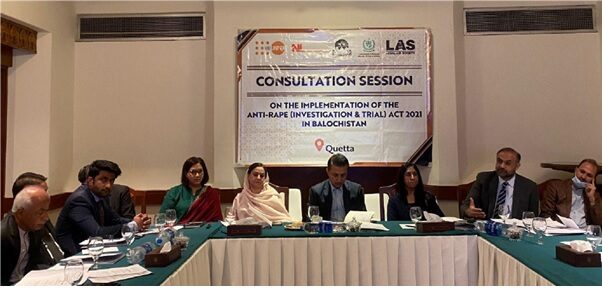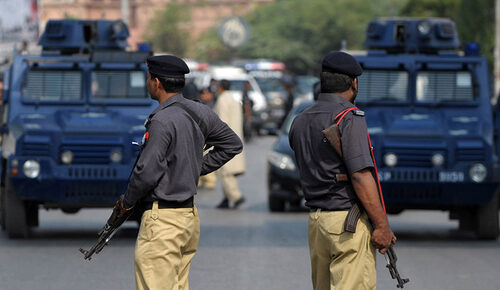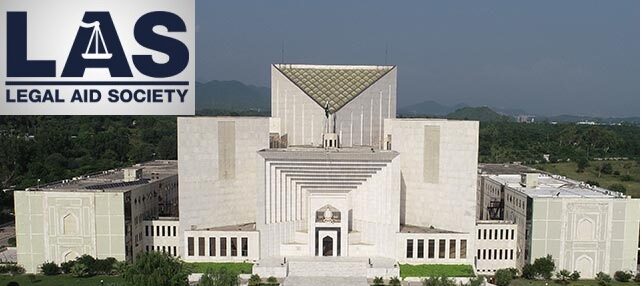Quetta, 22nd November 2024: In a significant move towards combating sexual violence, the Legal Aid Society (LAS) partnered with the Ministry of Law and Justice, the Government of Balochistan, and the United Nations Population Fund (UNFPA) to hold a crucial consultation aimed at strengthening the implementation of the Anti-Rape (Investigation and Trial) Act, 2021, and establishing Anti-Rape Crisis Cells (ARCCs) across Balochistan. The gathering underscored the importance of a collaborative, multi-sectoral approach, bringing together government officials, legal experts, and other stakeholders to address key challenges and develop survivor-centric strategies.
The discussions revolved around the barriers to implementing the Act and the operational requirements for establishing ARCCs, which are designed to provide comprehensive medical, psychological, and legal support to survivors of sexual violence.
The session was inaugurated by Sadia Atta, Program Coordinator at UNFPA, who highlighted the need for collective effort: “All of you present here, it is through your contributions and input that a proper action plan will be developed, which will help UNFPA and the Department of Health Balochistan move forward,” she said, emphasizing the crucial role of collaboration.
Raja Naeem Akbar, Federal Secretary of Law and Justice, stressed the importance of coordination between federal and provincial governments, stating, “Coordination between the federal and provincial governments is essential, and we are committed to doing whatever is necessary to strengthen it.”
Mujeeb Ur Rehman Panezai, Secretary of the Health Department, reaffirmed his department’s commitment to supporting survivors, saying, “The Health Department is committed to bridging the gaps in support systems for survivors and ensuring they receive the care and assistance they need.”
Quetta Division Commissioner Hamza Shafqaat advocated for solid legal foundations, stating, “While it is often believed that the implementation of laws is lacking, we must also recognise the need to strengthen the very foundation of these laws. I strongly support the establishment of ARCCs in Balochistan and remain committed to ensuring their effective creation and operation.”
Javad Raza Sultan, Section Officer from the Ministry of Law and Justice, led discussions on the law’s requirements, noting, “A more victim-centric, suspect-focused and context-led approach will ensure desired results under the Anti-Rape Act, 2021.”
Dr. Summiya Syed-Tariq, Police Surgeon Karachi and member of the Special Committee on Anti-Rape, emphasized the importance of a sustainable, multi-sectoral model. “Creating a sustainable and contextual multi-sectoral model is essential, and this begins with leveraging the resources we already have. To make meaningful progress, we must prioritise data integrity and develop evidence-based solutions that address the entire process from start to finish.”
Maliha Zia, Associate Director at LAS, stressed a survivor-first approach in tackling sexual violence: “A survivor-first approach ensures that every step of the process, from reporting to recovery, is built around the dignity, safety, and well-being of survivors.”
The consultation concluded with a strong commitment from all participants to transform their discussions into actionable steps that will benefit survivors across Balochistan. This event represents a significant milestone in institutionalizing justice and support for survivors of sexual violence, contributing to national efforts to build an equitable, survivor-centric justice system and empower marginalized communities.



























































































































































































































































































